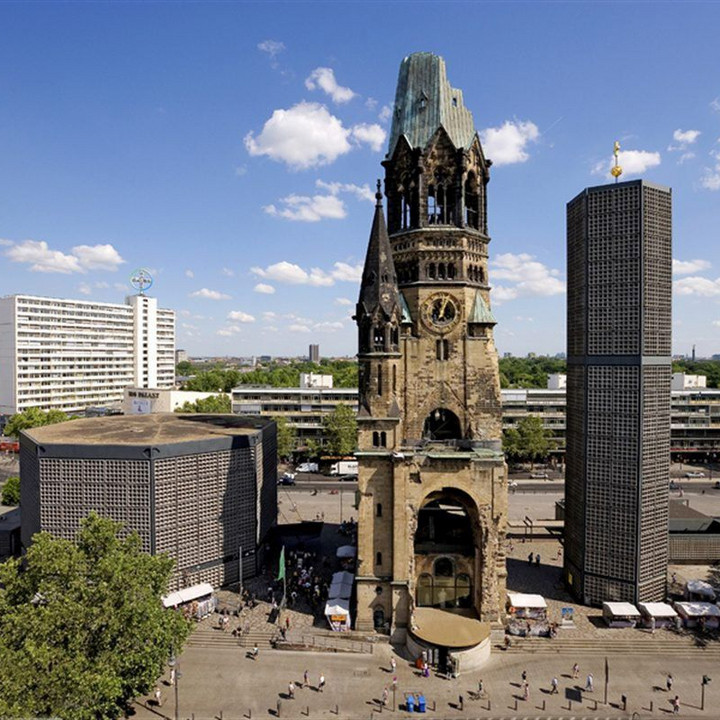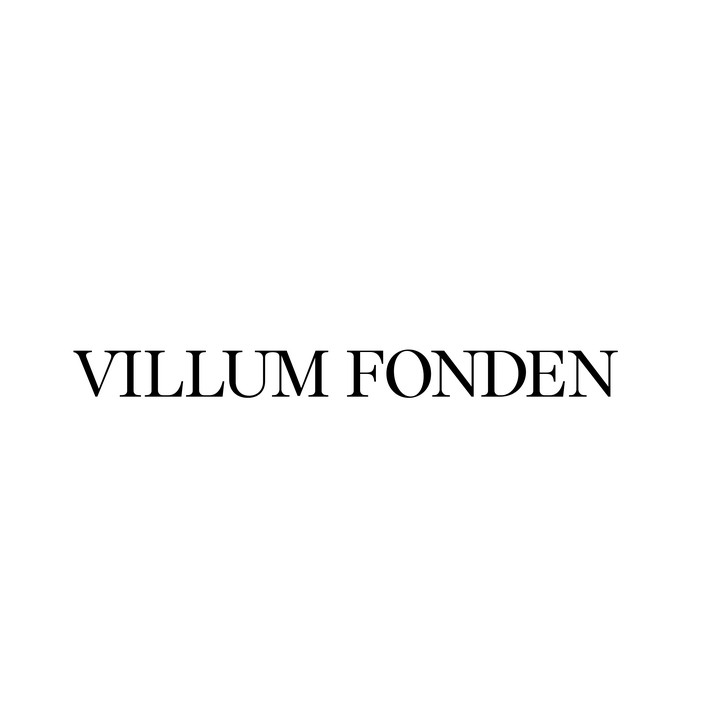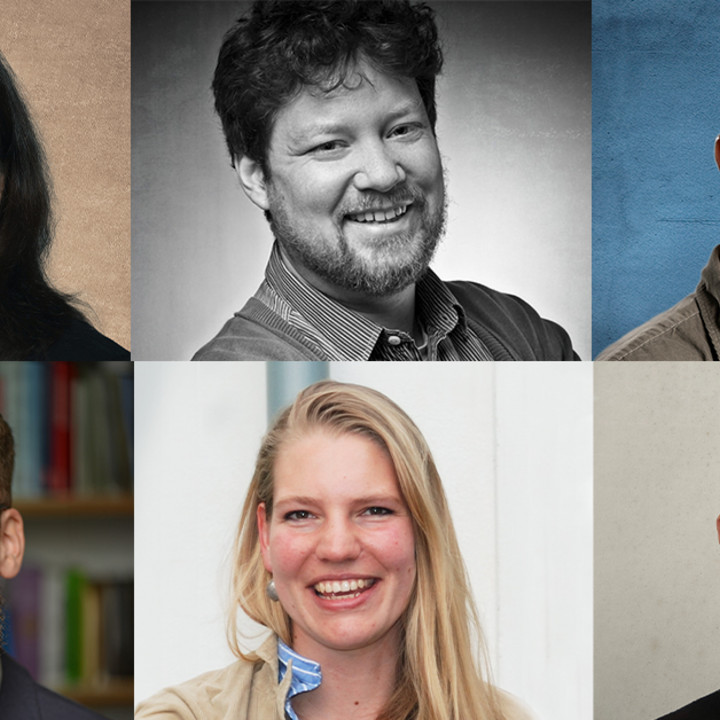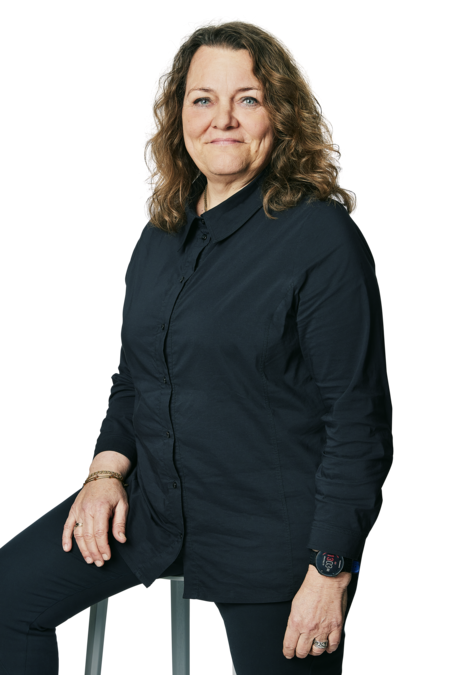New makerspaces are being created for children and young people in six municipalities
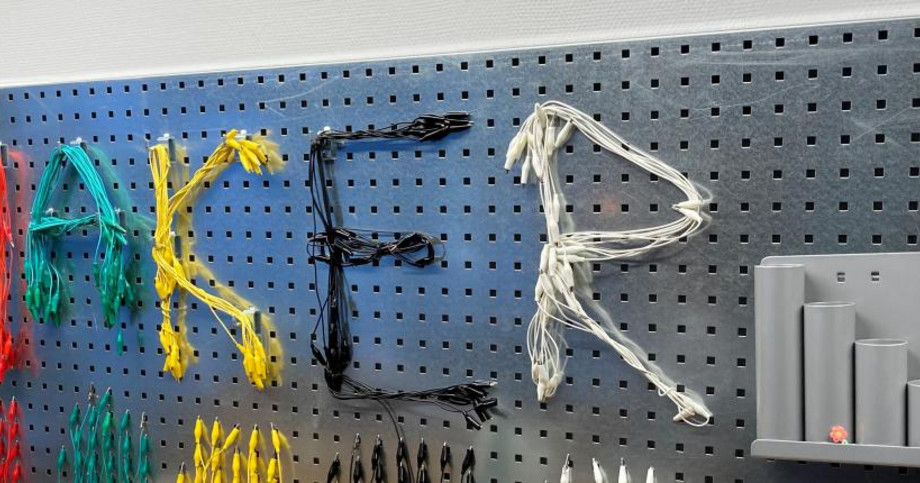
22.11.2021 l Latest news
Many more children and young people in Denmark will now have access to invent, design and construct in good facilities. The municipalities of Morsø, Skive, Holstebro, Næstved, Copenhagen and Fredensborg receive grants totalling DKK 35,8 million from VILLUM FONDEN to create makerspaces – learning laboratories for design, invention and technology.
A makerspace is a school workshop designed so that pupils and students can work with both digital technologies and analog crafts. Here, the pupils and students design and construct things, using everything from laptops to soldering flasks and glue guns.
The makerspaces are established as part of VILLUM FONDEN’s goal that science must be experienced as relevant and inspiring in school and leisure activities – and as a potential career path. For info, see the Children, youth and science funding area.
In parallel with the establishment of makerspaces, VILLUM FONDEN has initiated an evaluation project for the initiatives, which will show how makerspaces can become an integral part of teaching activities in primary and lower secondary schools. Read more about the evaluation (in Danish).
Cool technical gear and competent teachers are the main ingredients in makerspaces. With this year’s six new grants, VILLUM FONDEN has allocated more than DKK 95 million from 2019 to 2021, enabling 17 municipalities to establish makerspaces and run competence development programmes for teachers.
“The goal of our makerspace initiative is that children and young people learn how to use and create solutions with digital technologies. In makerspaces, they have the opportunity to work hands-on with technology and design solutions to real problems, using everything from 3D printers to glue guns to construct things. They will also be equipped to understand and relate critically and curiously to digital technologies. “It’s fantastic what children and young people can do when you give them good settings and competent teachers,” says Agi Csonka, Head of Programme for VILLUM FONDEN’s Children, youth and science funding area.
This year, 22 applications have been submitted for the establishment of makerspaces. The six selected municipalities draw inspiration from already established makerspaces throughout Denmark, but they have different models for their work with makerspaces. It is important that the municipalities’ plans for makerspaces are linked to their school development strategy and that there is coherence between the visions for the use of makerspaces, competence development of teachers and collaboration with relevant local institutions.
In the Municipality of Morsø, they will create local makerspaces at all the municipality’s five primary and lower secondary schools and train supervisors so that the maker approach can be implemented in the individual subjects:
“On Mors, we now have a completely unique opportunity to make the Maker Mindset an integral part of our school learning work. It will give young people on the island an even better basis for contributing creative solutions to complex challenges,” says Michael Dahlgaard, Head of the Municipality’s Centre for School and Daycare Facilities.
MakerSpace Morsø with focus on business and genderThe Municipality of Morsø has planned a makerspace project that comprises all the municipality’s five primary and lower secondary schools (including a special needs school). The project collaborates with local businesses and has a clear gender focus, including the use of female role models in the businesses. The project has a clear strategy aimed at involving the students in the development, with one of the objectives being to train ‘master makers’ who will help show the way.
A staffed competence development and learning centre will be established at Ungdomsskolen, a continuation school located centrally in Nykøbing Mors, which will function as a course facility, open workshop and centre for dissemination of the project. During the project period, managers, supervisors and course committees will build up local makerspaces in the schools. In collaboration with VIA University College Herning, the robotics factory BILA A/S and the Jesperhus Feriepark camping and holiday centre, the project will offer competence development to teachers and managers at the schools.
VILLUM FUNDEN grants approx. DKK 6.6 million to the project, which runs over a four-year period from 2022 to 2025. The Municipality of Morsø’s Centre for School and Daycare Facilities will run the project and has entered into cooperation agreements with VIA University College Herning and local businesses.
Early-grade pupils in Skive get MiniMakerLabsThe Municipality of Skive focuses on early initiatives and will develop makerspaces for kindergarten and school children from five to nine years of age. 16 MiniMakerLabs and loan facilities will be set up in the early-grade school areas in eight of the municipality’s 16 schools. The facilities will be used by children in the eight kindergartens attached to the project and by school children up to and including the second grade.
The project supports the municipality’s natural science initiatives and is launched on the basis of increasing interest from schools and kindergartens. The new MiniMakerLabs build on an existing and well-functioning structure with a central makerspace and focus on co-creation between teachers and social educators. In collaboration with VIA University College’s Centre for Teaching Aids, the aim is to provide competence development of professionals and managers.
VILLUM FUNDEN grants approx.DKK 6.2 million to the project, which runs over a four-year period from 2022 to 2025. The Department for School and Daycare Facilities in the Municipality of Skive acts as project coordinator, and VIA University College’s Centre for Teaching Aids is the project partner.
Holstebro establishes networks and holds girls’ campsThe Municipality of Holstebro and Uddannelsescenter Holstebro (an education centre offering vocational education and training programmes (EUD)/vocational education programmes qualifying for access to higher education (EUX), Higher Technical Examination Programme (HTX)) will create a central learning laboratory and eight local learning laboratories in primary and lower secondary schools. Focus areas under the project include girls in STEM and the holding of girls’ camps. With the establishment of a makerspace network, the project will focus on and strengthen primary and lower secondary school pupils’ understanding of technology, digital literacy and practical competences in this area.
The purpose is to enhance the pupils’ science capital and strengthen their curiosity and interest in STEM-related study programmes. The project will also support basic technological and scientific literacy for all students – regardless of their future choice of education and career.
VILLUM FONDEN grants DKK 3.3 million to the project, which runs over three years from 2022 to 2025. The project is run by the Municipality of Holstebro and Uddannelsescenter Holstebro.
Næstved will create maker culture among children, young people and adultsThe Municipality of Næstved has developed a model for the makerspace initiatives that combines local school-based makerspaces with a central makerspace and involves local businesses.
The municipality has an ambition that all children and young people are to become familiar with analogue techniques and digital technologies and work experimentally with these technologies in makerspaces. By establishing a correlation between a central makerspace and decentral makerspaces, the municipality will create a joint maker culture for children, young people and adults in daycare facilities, schools, educational institutions and during leisure time. The project focuses on competence development of teachers, social educators and cultural communicators in technology understanding, design thinking and digital fabrication.
VILLUM FONDEN grants approx. DKK 6.2 million to the four-year project, which runs from 2022 to 2025. The Municipality of Næstved’s Centre for Daycare and School Facilities and Centre for Culture and Citizen Services head the project together with University College Absalon, and the project involves collaboration with continuation schools and the corporate sector.
Inclusive learning environments in CopenhagenThe City of Copenhagen will use makerspaces to create inclusive learning environments at nine primary and lower secondary schools and two special needs schools in Nørrebro and Bispebjerg. This is a district with a large proportion of socially vulnerable children and young people, and the project focuses on getting as many pupils as possible to experience motivation and opportunities for participation in classes by giving them an opportunity to work exploratively and experimentally. The goal is to create a higher degree of equal opportunity through the development of new skills for children in the district across socio-economic conditions, ethnicity and gender.
The project builds on the existing network organisation in technology networks and focuses on involving the professionals at the local schools in the establishment of makerspaces and in the inclusion of technology understanding in their disciplines. In addition to establishing new learning environments at the 11 schools in Nørrebro and Bispebjerg, the project prioritises competence development of employees and managers as well as further development of the technology network.
VILLUM FONDEN grants DKK 6.7 million to the project, which runs over four years from 2022 to 2026. The project is run by the City of Copenhagen, Nørrebro-Bispebjerg area, and cooperation agreements are entered into with Future Classroom Lab, Centre for Teaching Aids (CFU), University College Copenhagen and Centre for Teaching Aids (CFU), University College Absalon.
Strategic school development in FredensborgThe Municipality of Fredensborg’s establishment of makerspaces is part of a large-scale plan for conversion and development at all the municipality’s schools. The project will establish makerspaces targeted at all grades in the municipality’s six primary and lower secondary schools and one special needs school. All the municipality’s just over 500 teachers, social educators and managers will participate in a competence development course with Future Classroom at University College Copenhagen. In addition, 40 superusers and coordinators will be trained. Together with the schools’ management, they will run and develop the makerspaces of the individual schools.
With a new science centre of 1,700 m2, the primary and lower secondary school Kokkedal Skole will function as a municipal knowledge centre, and all the municipality’s schools must enter into binding collaborations with local cultural institutions and educational institutions. Agreements have been entered into with, for example, Louisiana Børnehus, the Children’s Wing of the Louisana Museum of Modern Art, on mutual use of facilities and courses in relation to digital artistic processes and a collaboration with the boat builder training programme in Hillerød on work with design.
VILLUM FONDEN grants DKK 6.9 million to the project, which runs over three and a half years from 2022 to 2025. The project management is placed with the Municipality of Fredensborg’s Centre for School and Daycare Facilities. There is collaboration with University College Copenhagen on competence development and with local institutions on courses for children and adult education.

